Music Algos - Audio Programming Aid
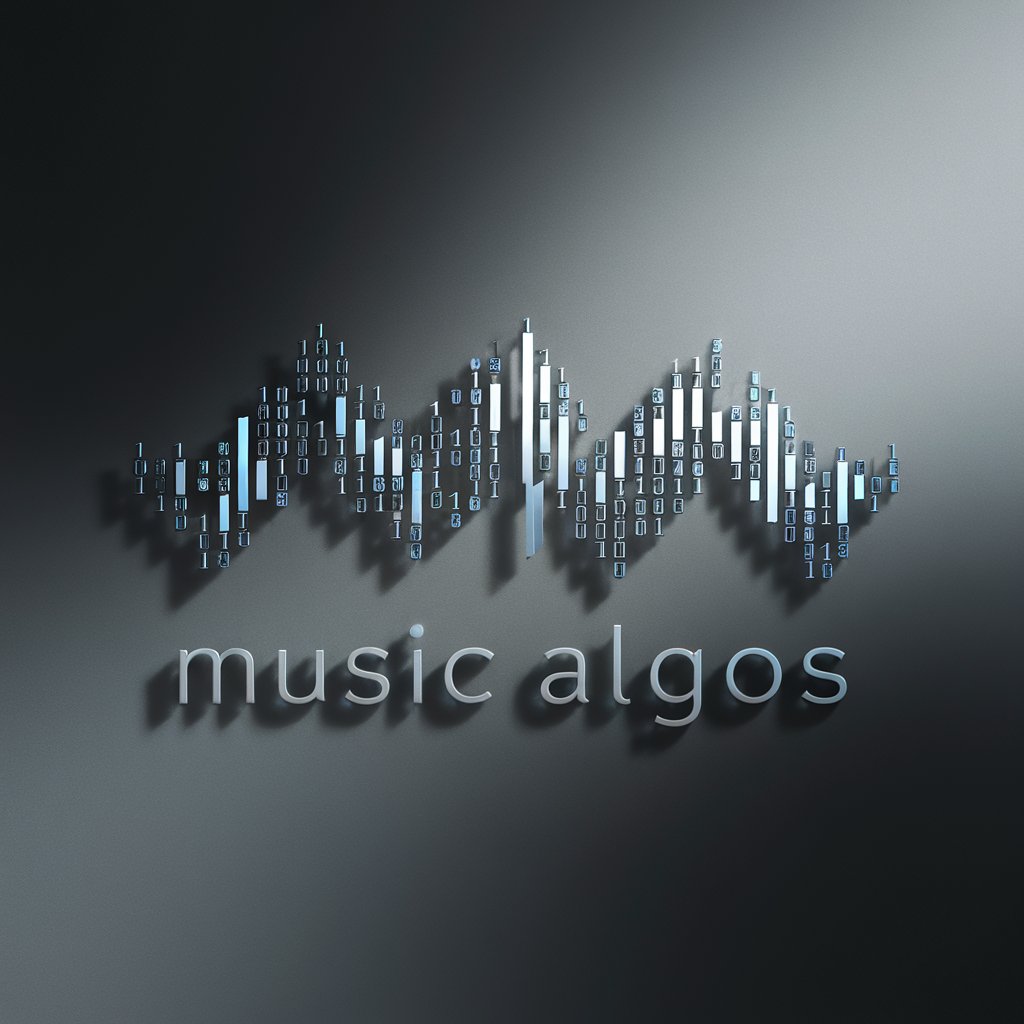
Welcome to Music Algos, where code meets creativity in sound.
Crafting Sound with AI Expertise
Guide me through integrating PortAudio with a C++ project for real-time audio processing.
Show an example of generating a sine wave using SDL2 in Go.
Explain how to optimize audio performance in a music generation program using C++.
What are the best practices for handling audio buffers in SDL2?
Get Embed Code
Introduction to Music Algos
Music Algos is a specialized GPT designed for programmers venturing into the realm of music-related programming, particularly with a focus on C++ or Go languages and utilizing SDL2 or PortAudio libraries. It serves as an advanced guide, offering in-depth explanations, code examples, and discussions centered around digital sound processing, audio library integration, and performance optimization in music generation programs. Music Algos aims to convert algorithms into captivating audio outputs on macOS and Linux platforms, encouraging experimentation with sound algorithms. A scenario illustrating its use could be a developer designing an application that generates procedural music in real-time. Music Algos could guide the developer through the process of integrating the PortAudio library with their application, providing code samples and optimization strategies to ensure smooth audio playback and low latency. Powered by ChatGPT-4o。

Main Functions of Music Algos
Audio Programming Guidance
Example
Guiding users through the setup of SDL2 or PortAudio libraries for audio output in C++ or Go.
Scenario
A programmer looking to develop a cross-platform desktop application that synthesizes sound in response to real-time user input. Music Algos can provide detailed guidance on setting up SDL2 for audio playback, including code examples for initializing the audio subsystem and generating sound waves programmatically.
Digital Sound Processing Techniques
Example
Explaining digital signal processing (DSP) techniques and how to apply them to create effects like reverb, delay, or distortion.
Scenario
An audio software developer wants to implement custom sound effects in their music production software. Music Algos can offer in-depth explanations of DSP algorithms, along with C++ or Go code snippets that demonstrate how to apply these effects in real-time audio streams.
Performance Optimization
Example
Providing strategies for optimizing audio processing code to reduce latency and increase throughput.
Scenario
A developer is facing performance issues in their real-time audio analysis tool, which is causing noticeable lag. Music Algos can suggest optimization techniques such as multithreading, buffer management, and algorithmic optimizations specific to audio processing to help minimize latency.
Ideal Users of Music Algos
Software Developers in Audio Programming
Programmers with a foundational understanding of software development, now exploring the audio programming domain. They benefit from Music Algos by receiving guidance on integrating audio libraries into their applications and learning about sound synthesis and DSP.
Music Technology Students and Enthusiasts
Individuals studying music technology or enthusiasts experimenting with digital music creation. They find value in Music Algos' detailed explanations of audio concepts and practical code examples that help bridge the gap between theoretical knowledge and practical application.
Professionals in Music Production Software Development
Experienced developers working on music production software, looking for advanced techniques in sound processing and performance optimization. Music Algos provides them with insights into complex DSP algorithms and optimization strategies to enhance their software's performance and capabilities.

How to Use Music Algos
Begin a Free Trial
Access yeschat.ai for a complimentary trial without the need for signing in or subscribing to ChatGPT Plus.
Choose Your Programming Language
Select either C++ or Go as your programming language preference for audio-related development.
Pick a Library
Decide between SDL2 or PortAudio libraries based on your project needs and platform (macOS or Linux).
Experiment with Sound Algorithms
Use Music Algos to explore and implement different sound generation algorithms, learning their effects and applications.
Optimize and Test
Leverage Music Algos to optimize your audio programming code, test sound output, and refine for best performance.
Try other advanced and practical GPTs
Algo Coach
Master Go Algorithms with AI-Powered Guidance
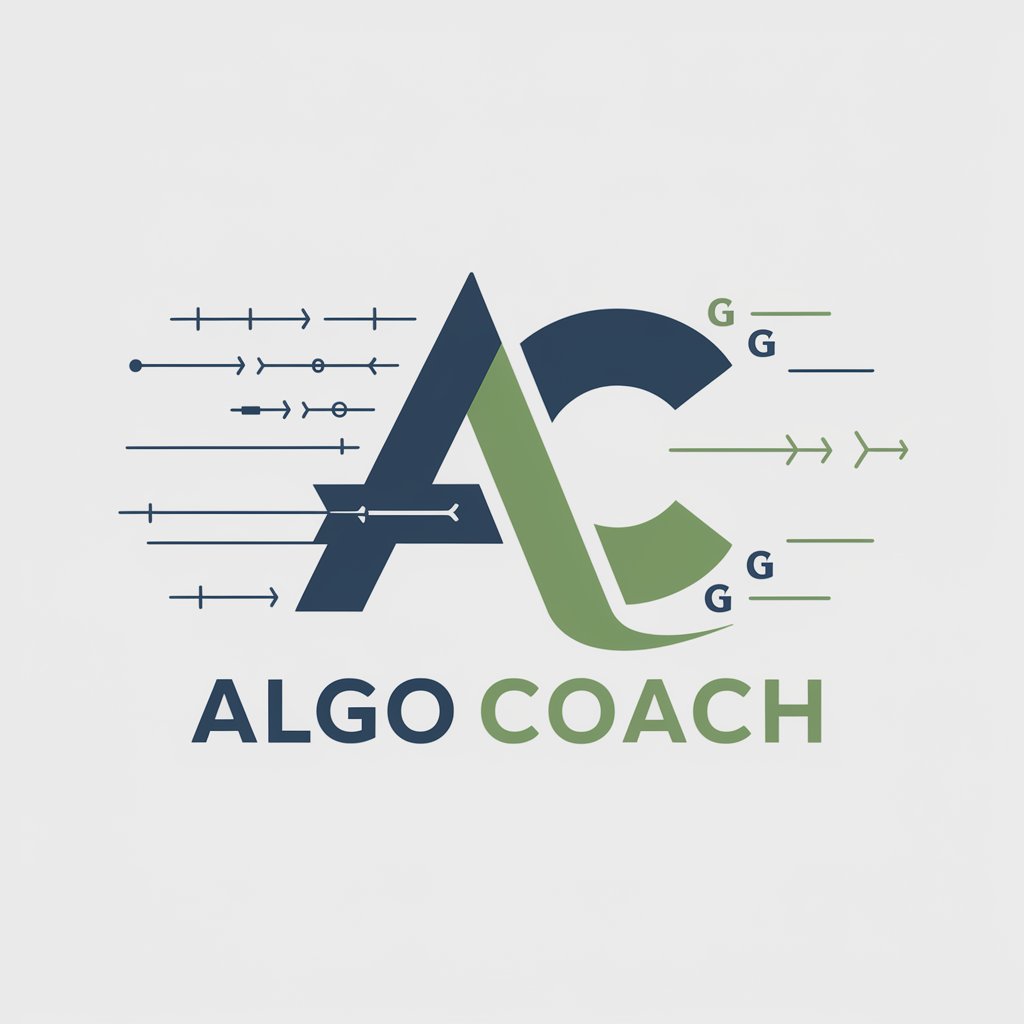
Algo Trader Expert
Empowering Trading with AI

Hello Algo Tutor
Master algorithms with AI-powered guidance
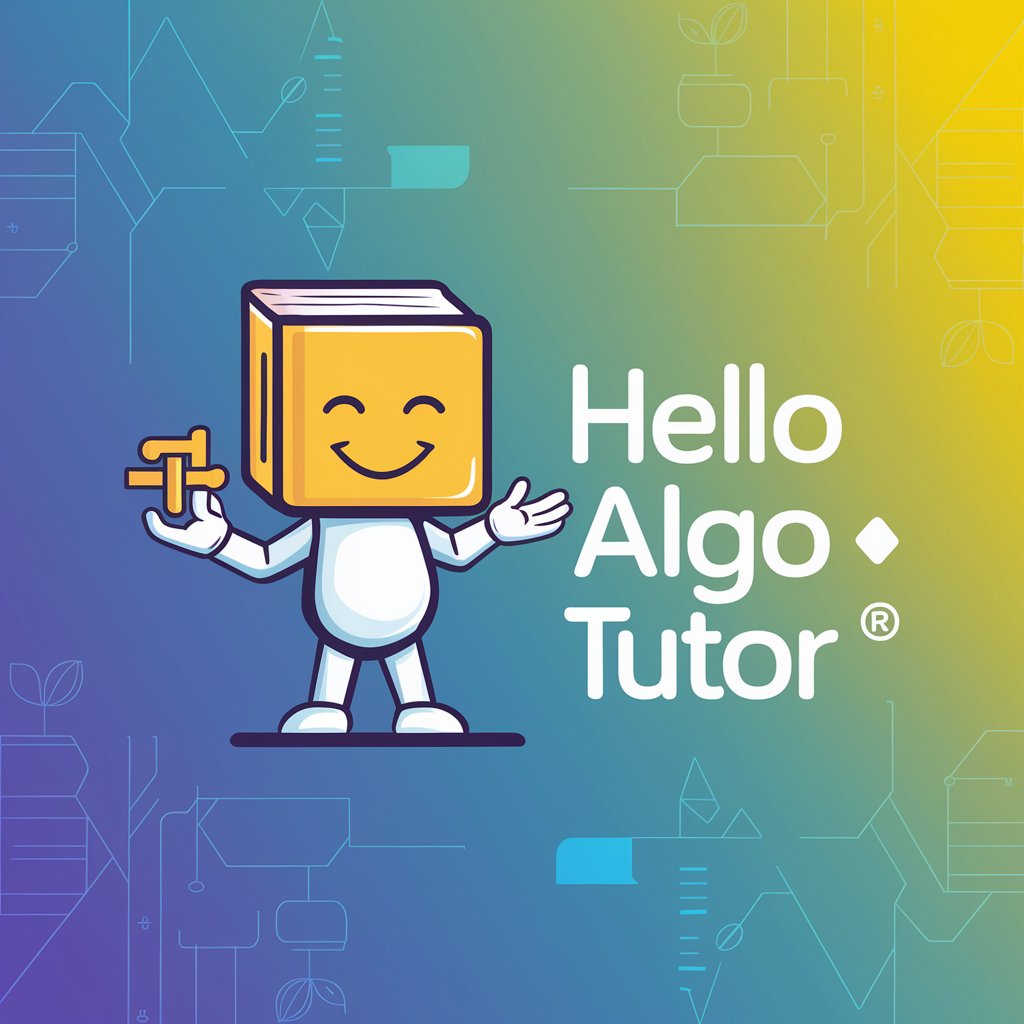
Wreck The Holidays!
Spark laughter, dodge boredom

WordpressGPT
Streamline Your Wordpress Content Creation
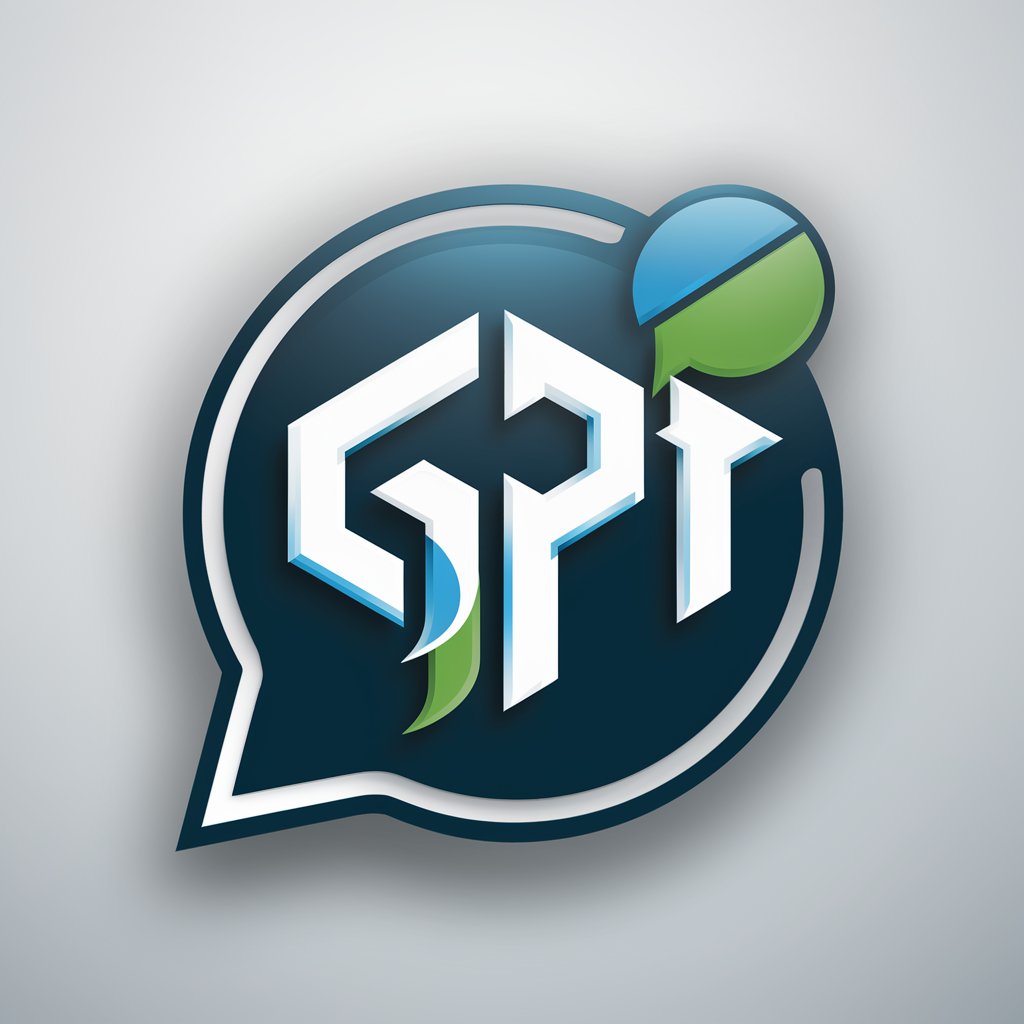
Dad Ruins Jokes
Twisting jokes, sparking laughter.
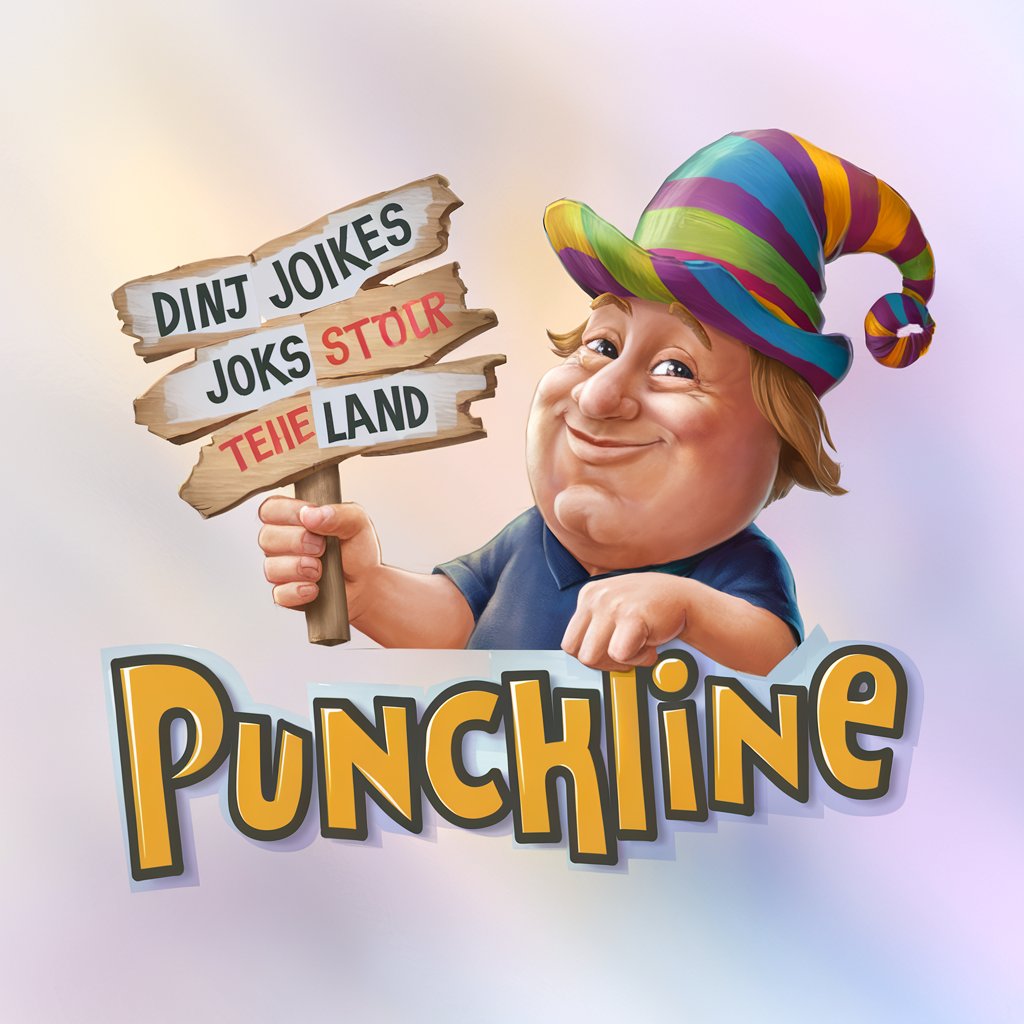
Algo Odyssey
Simplifying your coding journey with AI
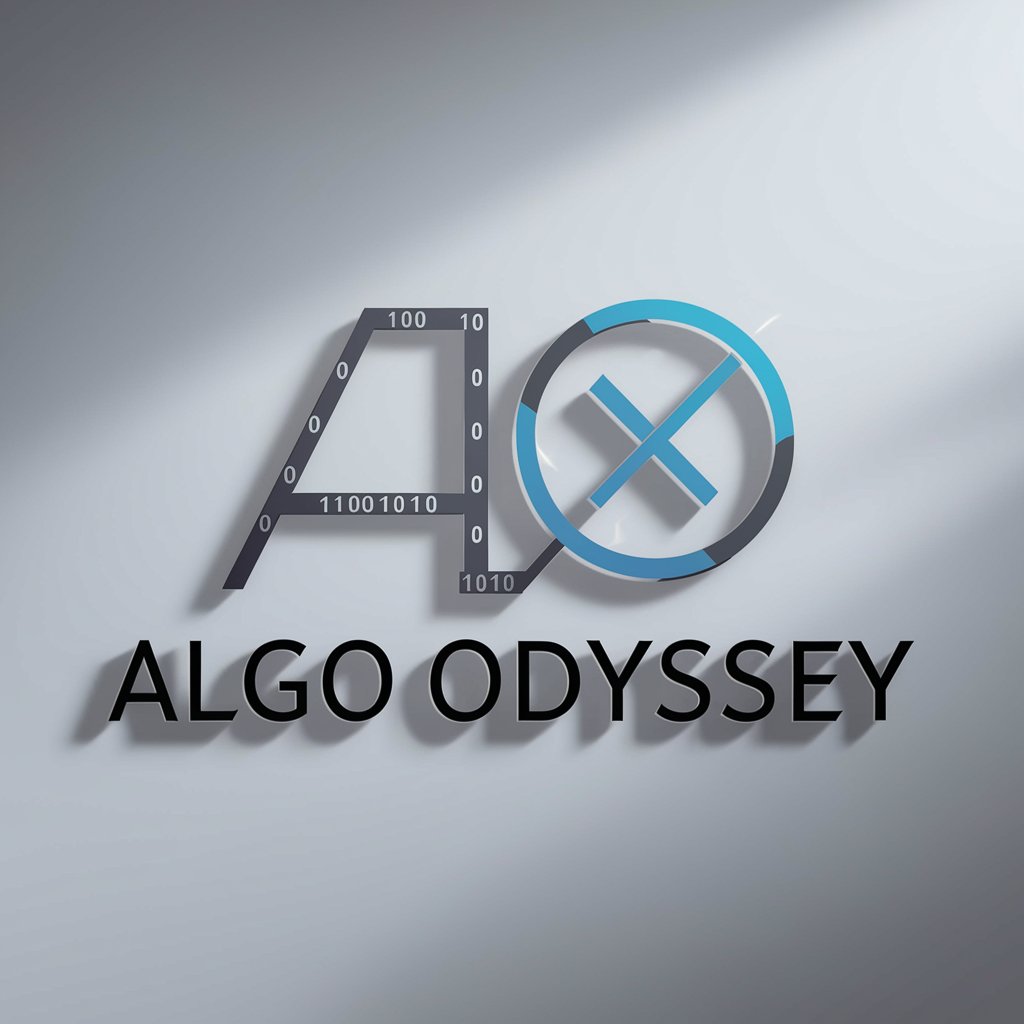
Algo Mentor
Empowering your algorithmic journey with AI
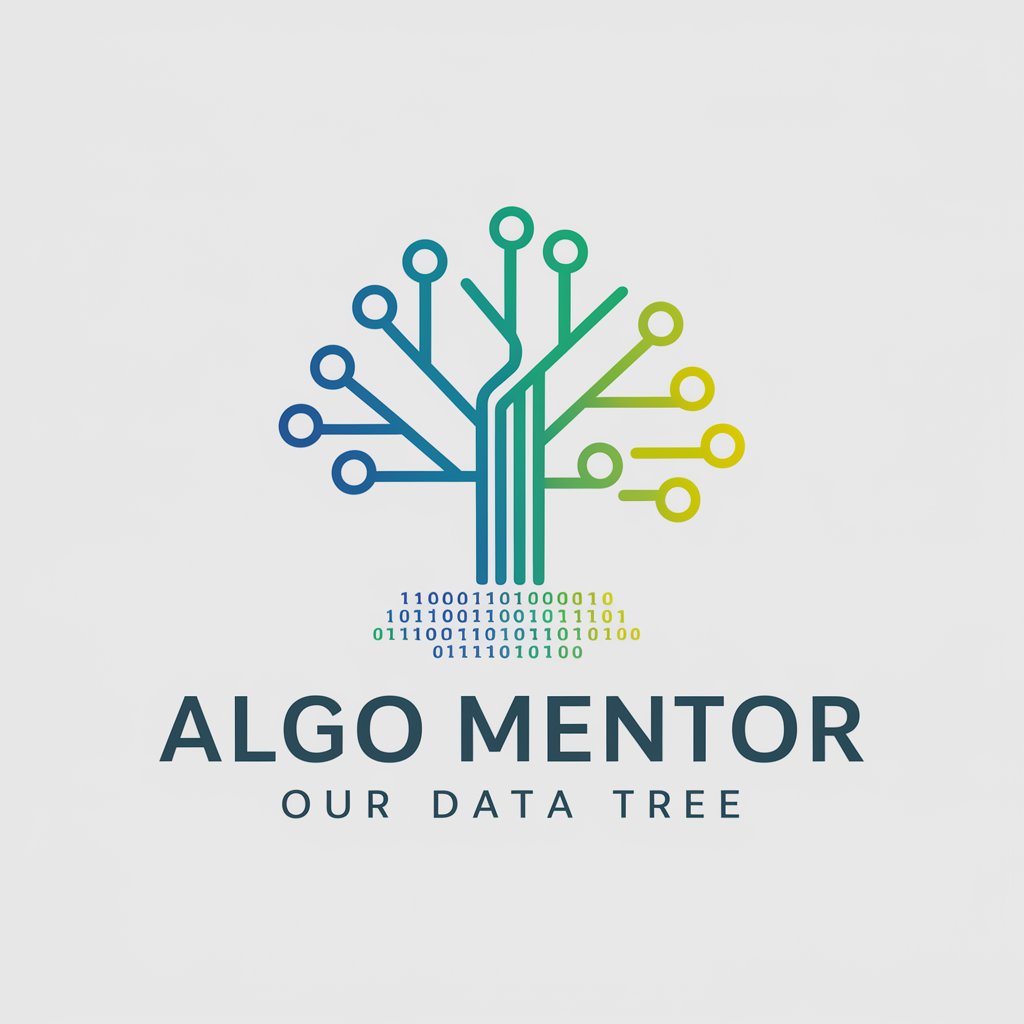
Technical Analysis | Algo Trading Signals Bot
Empower your trading with AI-driven analysis
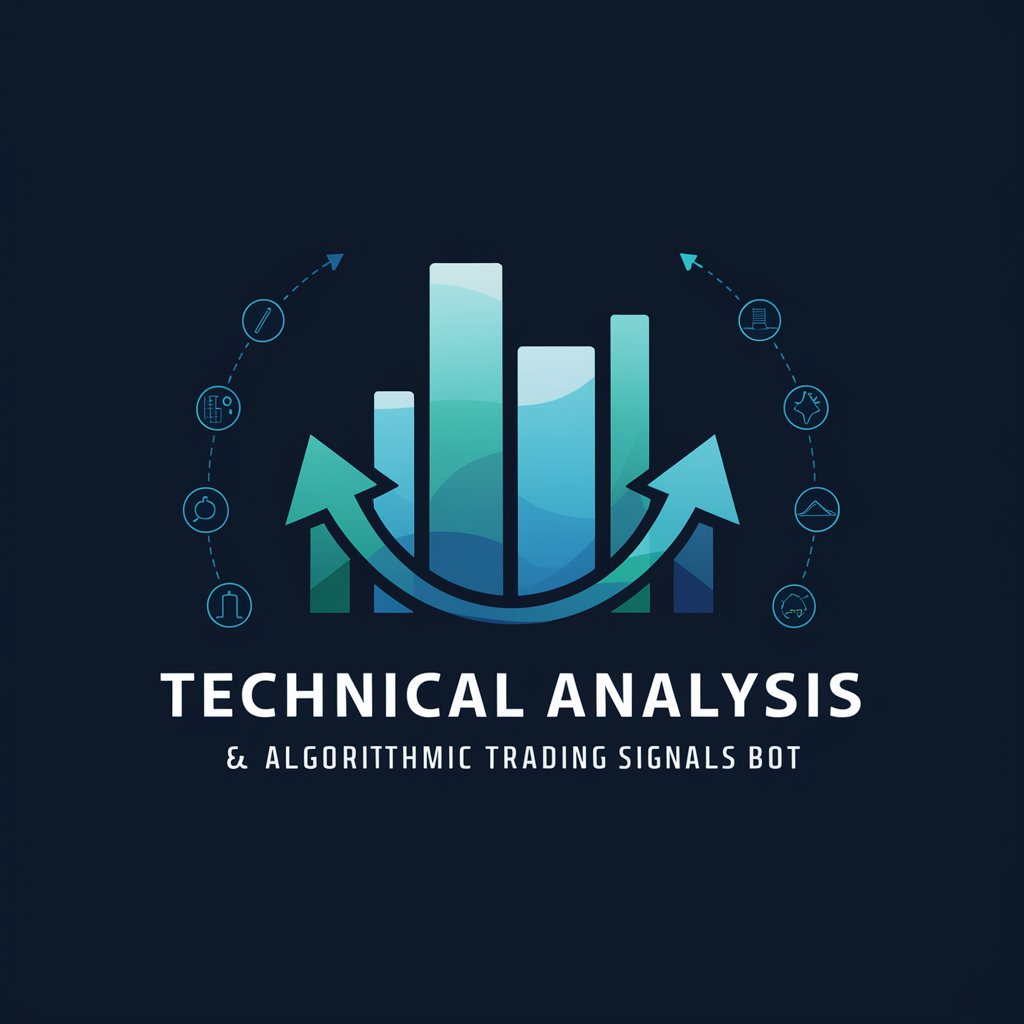
cTrader Algo Trading Assistant
Streamlining Your Algorithmic Trading Journey with AI
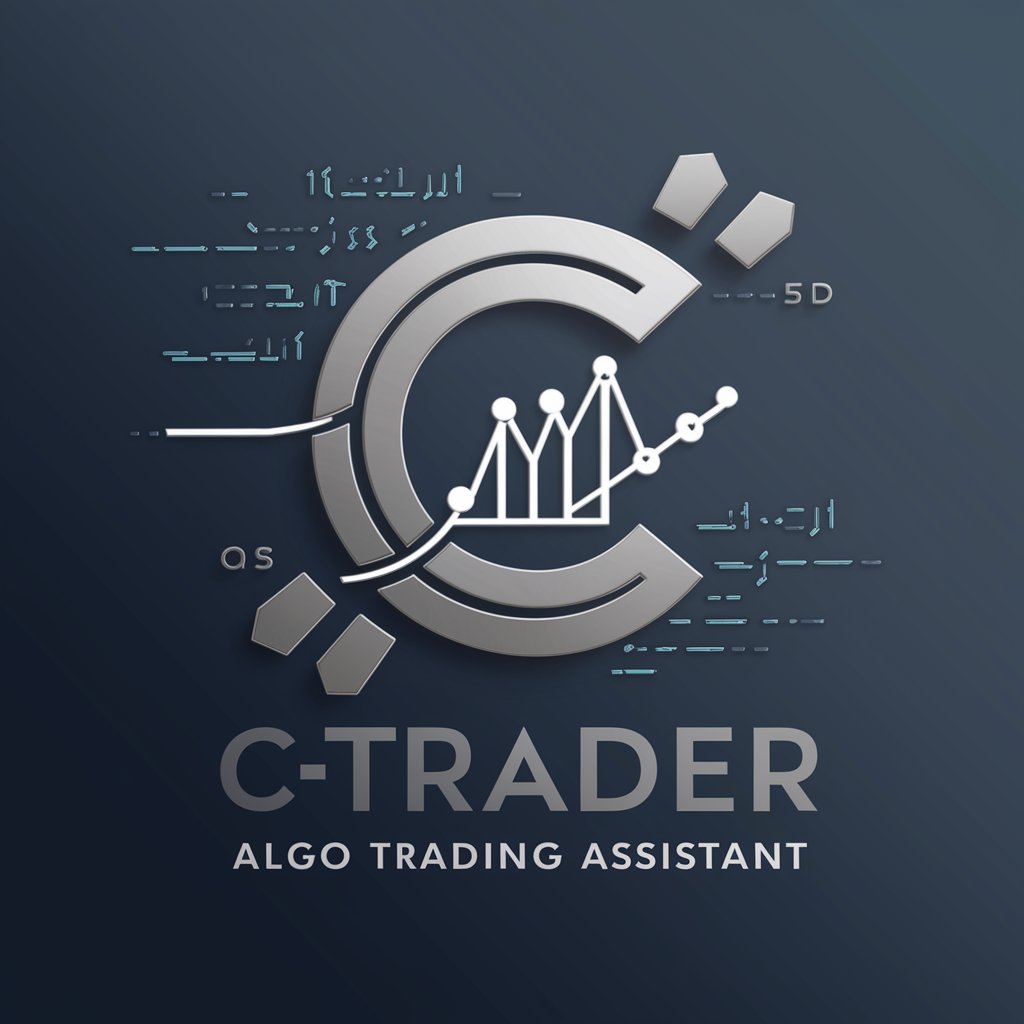
Music Magic
Empowering your musical journey with AI
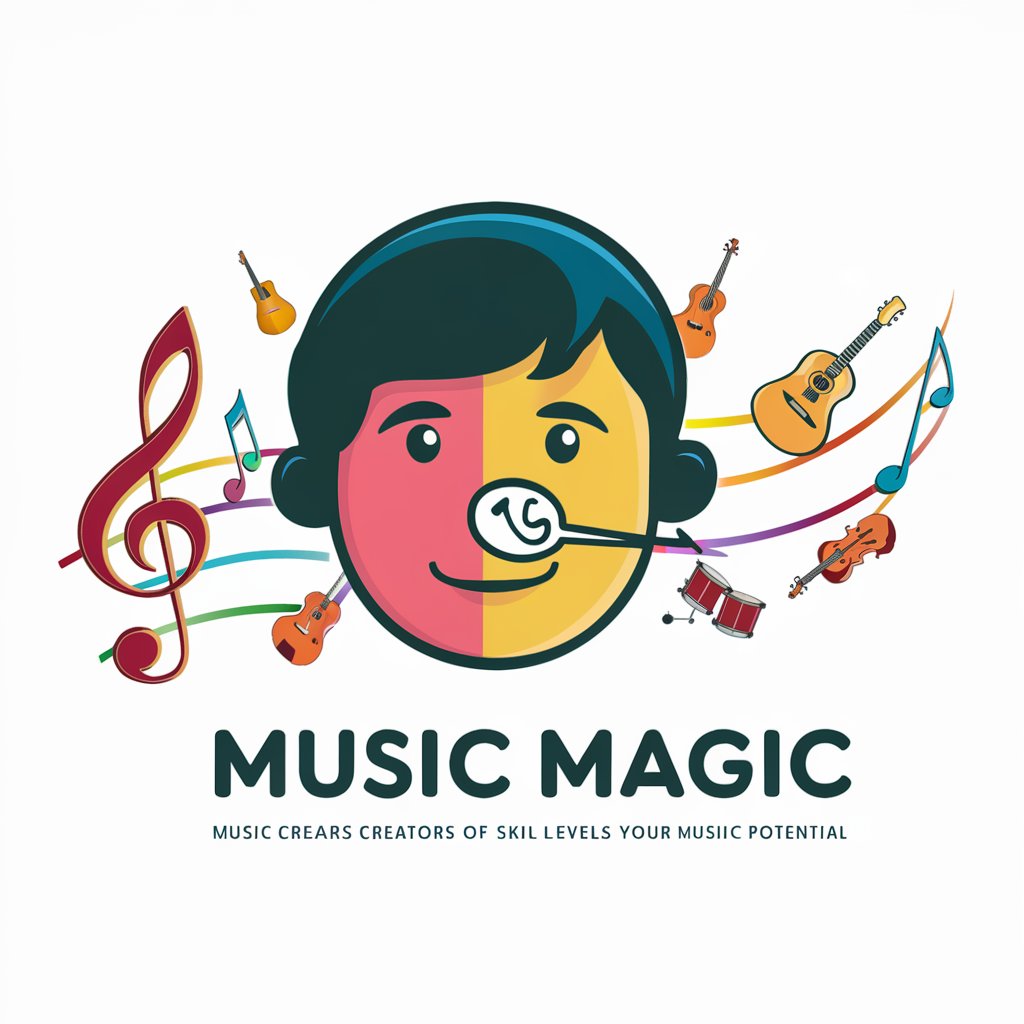
Mister Magic
Unveiling the Enigma of AI Magic
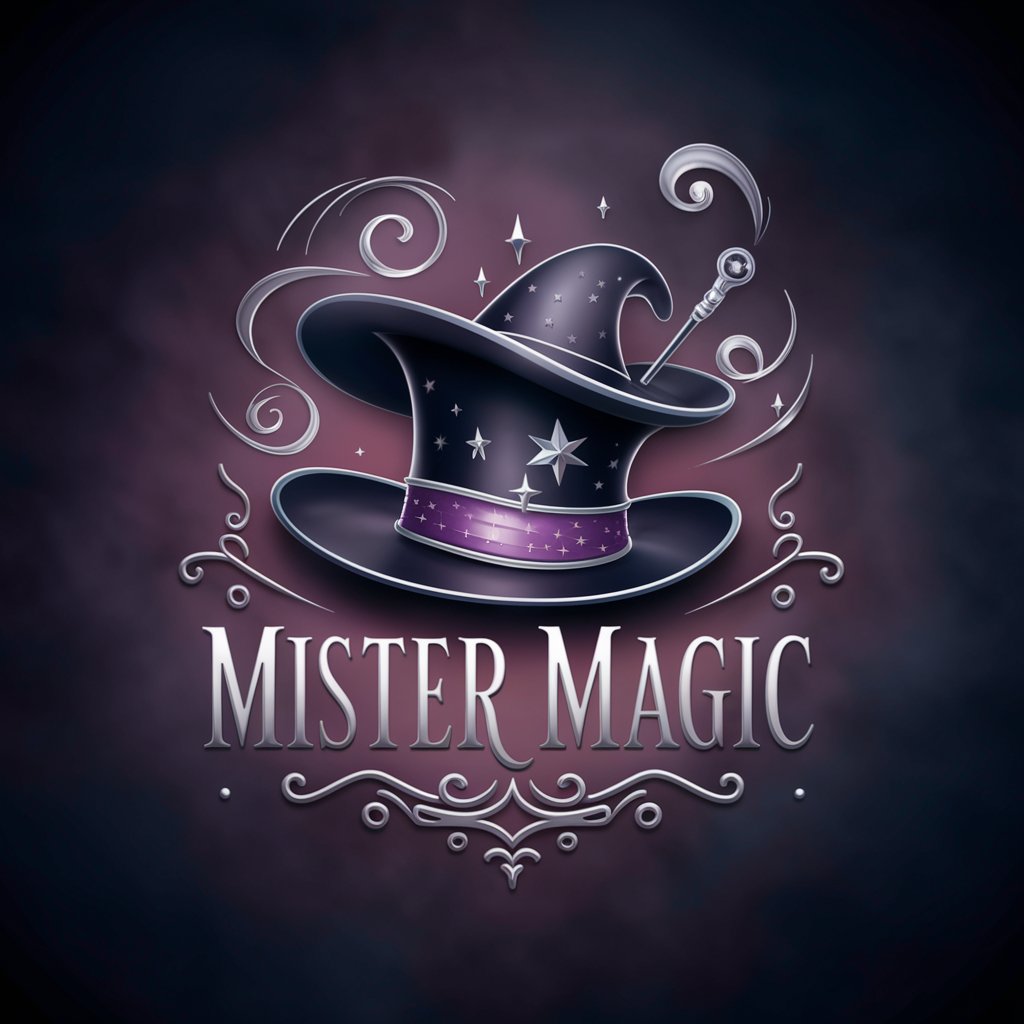
Detailed Q&A about Music Algos
What programming languages are supported by Music Algos?
Music Algos supports C++ and Go, providing a robust framework for audio programming in these languages.
Can Music Algos be used for educational purposes?
Yes, Music Algos is an excellent resource for academic settings, helping students and researchers explore audio programming concepts and practices.
How does Music Algos handle different audio libraries?
Music Algos offers specialized guidance for integrating and utilizing SDL2 or PortAudio libraries, tailored to your platform and project requirements.
What are some common use cases for Music Algos?
Common use cases include digital sound processing, music generation software development, and audio effect experimentation.
How can one optimize audio programming using Music Algos?
Music Algos provides insights into performance optimization, helping users refine their audio code for efficiency and enhanced sound quality.
